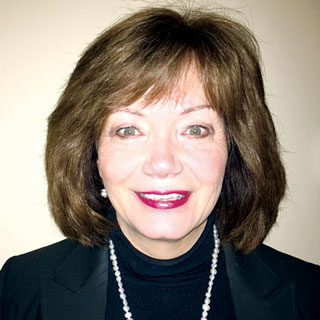
I struggle with staying in touch with what is happening at the bedside. Any suggestions?
This is a fabulous question. Adopting a routine approach to conducting rounds can be a powerful tool to assess clinical care and customer experience, and to build morale.
Setting the intention for the purpose of rounding is key. Clinical rounds can have the general focus of assessing general care, staffing levels and deployment. Or rounds can be specific, such as assessing for proper clinical management of residents who have had a change in condition or for evidence of comfort, cleanliness and positioning. Teams that conduct interdisciplinary walking rounds can reinforce resident engagement in care and support a prompt, holistic response to the needs of the resident.
Rounding with the rehab manager can be effective for finding opportunities for clinically appropriate therapy interventions for residents triggering on the center’s Quality Measures Resident Roster Matrix.
A nursing director can round with a nurse or a certified nursing assistant to learn how the care associate is interacting with their residents and families, and observe how care is being delivered. This offers opportunities to acknowledge care excellence, and provides teaching moments.
One of my favorites to rounding uses the “Studer” approaches for promoting staff engagement and building relationships with the team. The DNS asks the following questions while rounding: Is there someone I can acknowledge today for doing a good job? Do you have the equipment you need to meet the care needs of your residents? What is working? What is not working?
So, make an appointment with yourself to round regularly. Through routine rounding, you will keep your finger on the clinical pulse of your facility.
From the February 01, 2017 Issue of McKnight's Long-Term Care News




